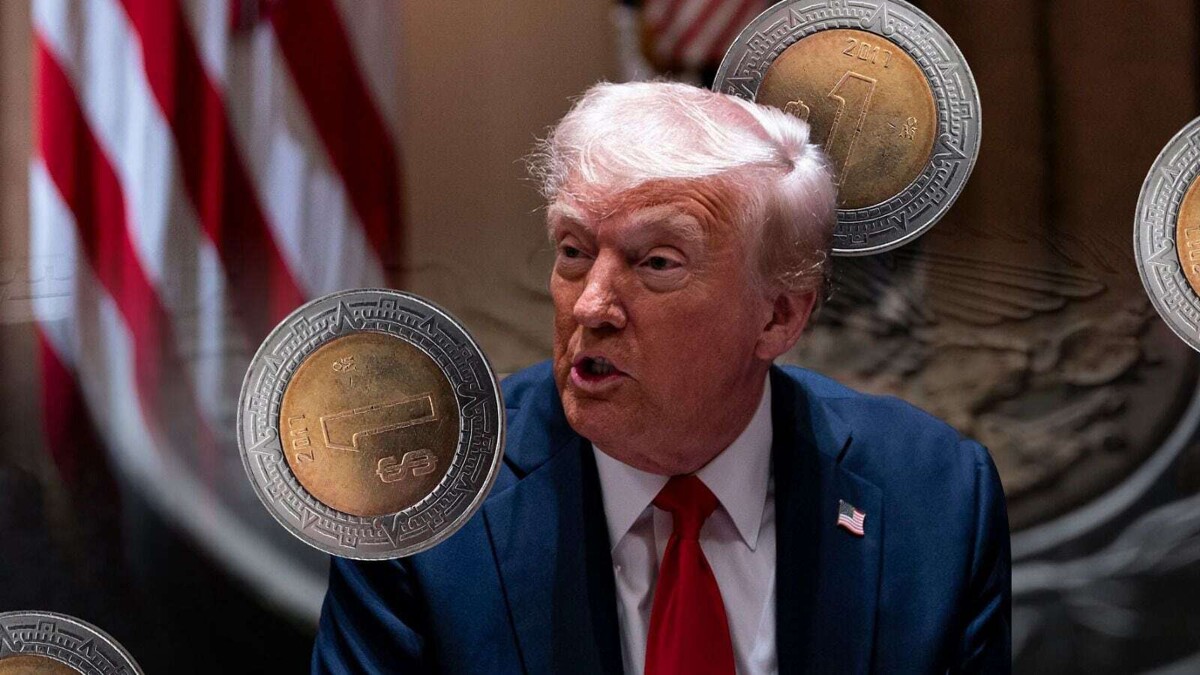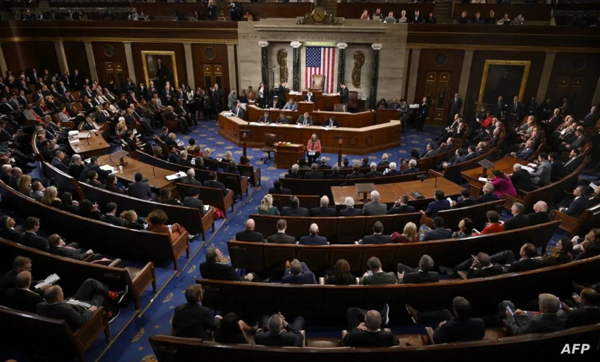
The euro 'stumbled' after Donald Trump announced a 25 percent tariff on imported goods from the European Union, falling below 1.05 dollars. Win Thin, global head of market strategy at Brown Brothers Harriman, warned that prolonged uncertainty would delay investments and hiring. "A continuing threat will only perpetuate this uncertainty," he stated.
As for the Canadian dollar, implied volatility for March increased, although it slightly decreased on February 26. The Mexican peso and the Canadian dollar appreciated against the US dollar after Trump announced a delay in tariffs on Mexico and Canada until April 2, generating skepticism among investors. So far, the only activated tariff is 10 percent against China.
The Canadian dollar and the Mexican peso strengthened after Trump's statements, but uncertainty persists due to a lack of credibility. Trump has not yet decided whether to grant another extension beyond the March 4 deadline. On the other hand, the US dollar has shown fluctuations since Trump's election victory, with a rebound and subsequent fall of the Bloomberg Dollar Spot index.
In summary, the uncertainty generated by the imposition of tariffs has impacted different currency markets, with the euro and the Canadian dollar reacting to Trump's announcements. The lack of clear decisions has led to constant volatility in the markets, leaving investors alert to potential changes in international trade policies.














